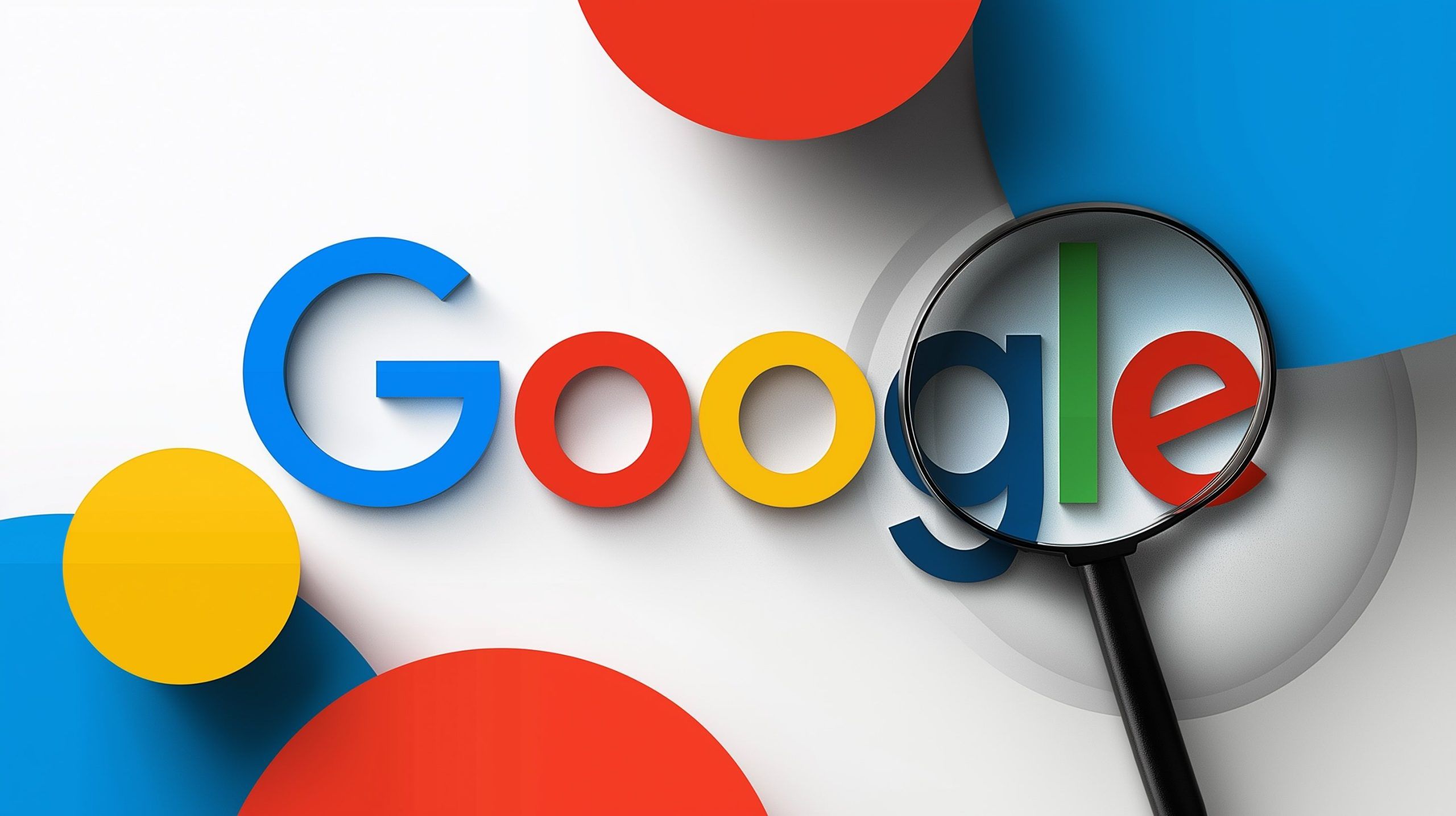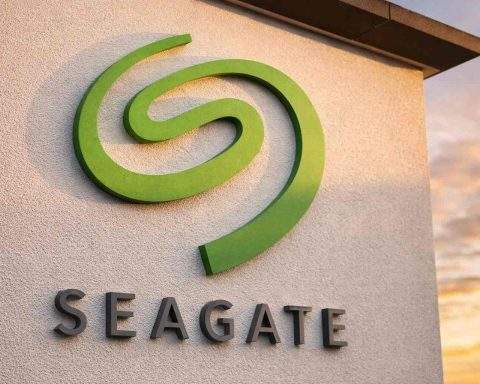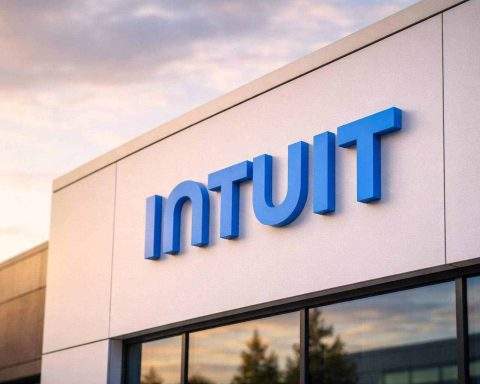- Founded Sep 1998: Google began as a Stanford PhD project (“BackRub”) by Larry Page and Sergey Brin. It was officially incorporated on Sept 4, 1998 in a tiny garage youm7.com. By the end of 1998 it had indexed ~60 million pages and become the world’s #1 search engine youm7.com 1 .
- Company Size: As of 2025 Google (now a subsidiary of Alphabet) has grown to 27 years old, employing ~150,000 people worldwide sa24.co. Alphabet’s market value is staggering – about $3 trillion as of Sep 2025 companiesmarketcap.com – making it one of the world’s most valuable companies.
- Search Dominance: Google still processes the vast majority of web searches. It runs roughly 90% of all internet searches globally cbsnews.com. Its Android mobile OS powers about 70% of the world’s smartphones 2 .
- Key Products: Over the years Google launched many iconic services: Gmail (2004), Maps (2005), YouTube (acquired 2006), and Chrome browser (2008) youm7.com. Google AdWords/Adsense transformed it into an advertising giant. Today Google’s products (Search, Android, Chrome, YouTube, Gmail, etc.) touch billions of users daily.
- Focus on AI: In recent years Google has pivoted into artificial intelligence (AI). It developed large AI models like Gemini and integrated them into Google Search (e.g. new Search Live conversational mode) searchengineland.com youm7.com. It also created the Bard chatbot. Vice‑president Quoc Le calls Google’s AI milestone “equivalent to Deep Blue for Chess and AlphaGo for Go” after Gemini solved a world programming challenge 3 .
- Challenges: Google faces growing scrutiny. U.S. courts recently ruled Google holds an illegal monopoly in search reuters.com, forcing it to share data with rivals (though it can keep Chrome and Android) reuters.com. Regulators and privacy advocates accuse Google of overreach youm7.com. At the same time, competitors like Microsoft’s Bing (now ~3% search share) and OpenAI’s ChatGPT are pushing Google to evolve reuters.com 4 .
Origins: Stanford Project to Garage Startup
In the mid-1990s, PhD students Larry Page and Sergey Brin at Stanford University built a search engine called “BackRub” that ranked web pages by link analysis. In Sept. 1997 they registered the name google.com (a play on “googol,” meaning a huge number) to reflect their mission of organizing vast information youm7.com. In 1998 they received a $100,000 seed investment and formally incorporated Google on September 4, 1998 in a modest garage in Menlo Park, California youm7.com sawtksa.com. (Curiously, Google later chose Sept. 27 as its official birthday, coinciding with its first doodle logo celebration.)
From the outset, Google’s PageRank algorithm proved superior to existing search engines. By the end of 1998 – just months after launch – Google had indexed about 60 million pages and was already the top choice for millions of web users youm7.com. This rapid early success funded continued expansion. By the early 2000s Google opened its Silicon Valley campus and hired hundreds of engineers.
Explosive Growth and Product Expansion
In the 2000s, Google rolled out services that reshaped the Internet. It launched Gmail (2004) with revolutionary free storage and search, Google Maps (2005) offering detailed maps and directions, and acquired YouTube (2006), instantly becoming the world’s largest video site youm7.com. In 2008 Google entered the web browser market with Chrome, which has since become the world’s most-used browser youm7.com. It also pioneered online advertising: its AdWords/Adsense platform generated massive ad revenue, transforming Google into a multibillion-dollar business by the mid-2000s youm7.com 5 .
Meanwhile Google acquired the Android mobile operating system in 2005 and launched Android OS – today running on roughly 70% of smartphones worldwide cbsnews.com. This paired with Chrome’s dominance on PCs gave Google unprecedented reach across devices. By 2010 Google Search, YouTube, Android, Chrome, and Gmail were each major platforms used by hundreds of millions globally. Google became synonymous with Internet search, famously answering queries like no other “organizing the world’s information” (as CEO Sundar Pichai later described its mission 6 ).
In 2015, Google reorganized its business under a new umbrella called Alphabet Inc. youm7.com. This split its core Internet services (Search, Ads, YouTube, Android, etc.) from “Other Bets” (moonshot R&D projects like self-driving car Waymo, health tech Verily, etc.). The move allowed Google’s search and ad business to stay focused while Alphabet funded broader ventures. As one report notes, the Alphabet structure “opened the door to broader investments in AI, self-driving cars, and healthcare”, turning Google from “a mere search engine into a diversified multi-faceted tech group” 7 .
Google Today: A Tech Empire
After 27 years Google is a global titan. Alphabet (Google’s parent) had a market capitalization around $3 trillion in late 2025 companiesmarketcap.com (often ranking as the world’s 4th-largest company by value). Google’s search engine still handles over 90% of all internet queries worldwide cbsnews.com. Its core products reach billions: Android (on ~70% of phones cbsnews.com), Chrome, Gmail (over 1.5 billion users), Maps, and of course YouTube (2+ billion logged-in users). In 2023 Alphabet reported over $200 billion in annual revenue, mostly from advertising.
Google’s 150,000+ employees span the globe, from search and ad engineers to hardware designers (Pixel phones, Nest devices) and cloud teams. Its sprawling campus in Mountain View, California emphasizes Google’s culture: free food, bright offices, and the legendary “Don’t be evil” ethos. The founder-led culture (Page and Brin handed control to Pichai in 2015, but remain board figures) prizes innovation: as Pichai has said, “You should have a healthy dissatisfaction with the status quo” 8 .
Innovations and AI Leadership
In the last few years Google has doubled down on artificial intelligence as its core strategy. It has poured billions into AI research (Google Brain, DeepMind, etc.) and rolled out AI-driven features in nearly every product. For example, in Sept 2025 Google launched Search Live, a new conversational search mode that lets users speak queries and even show their camera view to the AI searchengineland.com. Now anyone with the Google mobile app in the U.S. can “talk directly with Google Search in real time” and have the AI “see” what’s in front of them for visual answers searchengineland.com – a cutting-edge leap from typing keywords.
Behind the scenes Google is advancing its Gemini large language model. In Sept 2025 Google’s DeepMind group announced that Gemini 2.5 had won a gold medal in the International Collegiate Programming Contest by solving a complex coding problem that human teams couldn’t crack theguardian.com. Quoc Le, Google DeepMind’s VP, called it a “historic” achievement, comparing it to IBM’s Deep Blue (1997) and AlphaGo (2016) breakthroughs theguardian.com theguardian.com. He said solving such problems – reasoning in the real world – could “transform many scientific and engineering disciplines” theguardian.com. These feats underscore Google’s belief that “AI is resetting the cloud market, and Google Cloud is leading the way, especially with startups,” as its Cloud COO Francis deSouza puts it techcrunch.com. Indeed, Google has lured dozens of AI unicorns: reportedly 60% of all new AI startups run on Google Cloud techcrunch.com, and “nine out of the top 10 AI labs use Google’s infrastructure” 9 .
Even as it innovates, Google’s leadership talks about the dual-edged sword of AI. CEO Sundar Pichai has warned that “AI will be as good or as evil as human nature allows” and that the AI revolution is “coming faster than you know” cbsnews.com. These words echo throughout Google’s strategy: it now integrates AI assistance in search results, Gmail, Maps and its software suite. Google claims to add AI smarts to everything, but also emphasizes ethical guidelines – the old motto “Don’t be evil” has evolved into careful governance of these powerful tools.
Competition: Google vs. the Rest
No company stands still – Google faces fierce competition on many fronts. Its search engine has dominated for decades, but challengers loom: Microsoft’s Bing (recently AI-enhanced via ChatGPT/CoPilot) and small rivals like DuckDuckGo try to nibble at Google’s share. In practice, Google still controls roughly 90% of search, while Bing remains under 3% share cbsnews.com searchengineland.com. (Microsoft CEO Satya Nadella recently joked that Bing’s market might at best grow “from 3% to maybe 3.5%” – underscoring Google’s grip 4 .)
AI is reshuffling the search battle. ChatGPT by OpenAI (backed by Microsoft) famously relies on web data – Google data included – to answer questions. U.S. antitrust filings note that ChatGPT uses scraped Google search results for up-to-date info, highlighting Google’s central role even for its rivals reuters.com. At the same time Google has Bard (powered by Gemini) to counter ChatGPT. As a Reuters analysis observed, “Google faces a major threat from increasingly popular AI tools including OpenAI’s ChatGPT” that could erode its dominance reuters.com. A judge in Google’s DOJ antitrust case even noted that today’s AI startups are “better placed to compete with Google than any search engine developer has been in decades” 10 .
In mobile, Google’s Android continues to outflank Apple’s iOS in units, but Apple matches Google on other fronts (its iPhone ecosystem is a lucrative revenue source for Apple and limits Google’s iOS reach). Google’s products also compete with non-search services: YouTube versus TikTok, Gmail/Docs versus Microsoft Office, Chrome versus Safari and Edge, and Google Cloud versus AWS and Azure. On cloud AI, Google is aggressively pitching itself – as deSouza says, Google Cloud already supports about 60% of new AI startups techcrunch.com. But AWS and Azure remain leaders in market share, so Google’s cloud effort is a work in progress.
Recent Milestones and News
Search Live: On Sept. 24, 2025 Google rolled out “Search Live” to U.S. users searchengineland.com, an AI-powered mode where you can speak questions and share your camera view for the AI to analyze. This turns Google Search into a real-time conversation. Google executive Rajan Patel even celebrated on social media: “Having a Live conversation with Search is officially a thing for everyone in the US!” harlemworldmagazine.com. SearchEngineLand notes that this feature answers questions on-the-fly and cites web links for sources searchengineland.com, reflecting Google’s strategy to blend instant AI answers with its traditional web results. India is slated to be the first country outside the U.S. to get Search Live, as Google sees heavy voice/visual search use in that market.
Antitrust Cases: In law, Google scored a partial win in 2025. A U.S. judge ruled Google did not have to sell off Chrome or Android, but he did order Google to share more search data with competitors reuters.com. In other words, Google “won’t have to sell Chrome” or break its default-search deals reuters.com, which was cheered by investors, but it must open its search data to rivals reuters.com. Earlier, the judge had declared Google an illegal monopoly in search reuters.com, citing that Google “has no true competitor” in search reuters.com. Google is now planning to appeal the ruling (expected to stretch into 2026 or beyond) reuters.com. In Europe, Google also faces privacy and antitrust probes (e.g. past fines for search bias and ad practices), though it continues negotiating with regulators globally.
Cloud and Partnerships: Google continues landing cloud deals. For example, in Sept 2025 Google announced a multiyear partnership with PayPal to integrate AI shopping and payments newsroom.paypal-corp.com. Google Cloud COO deSouza reports huge traction: nine of the top ten AI research labs run on Google Cloud, and over $58 billion in future revenue commitments are already signed techcrunch.com. He says “AI is resetting the cloud market, and Google Cloud is leading the way, especially with startups” techcrunch.com. Meanwhile, major tech rivals have also struck alliances: Nvidia teamed with OpenAI on AI chips, Microsoft expanded its investment in OpenAI, and even Meta signed a cloud deal with Google. These moves illustrate how Google must compete in a web of partnerships.
Expert Insights and Future Outlook
Tech leaders see Google as both dominant and adaptable. Sundar Pichai, Google’s CEO, emphasizes optimism: Google has thousands of engineers, petabytes of data, and an “incredibly fast” innovation pace inc.com cbsnews.com. He famously said “AI will be as good or as evil as human nature allows” cbsnews.com – underlining Google’s belief in human-driven AI. Google veterans like Pichai and DeepMind’s Quoc Le compare this era to past tech revolutions (electricity, computing), and view Google’s role as expanding beyond search.
Industry analysts note that Google still leads in several domains but must fend off challengers. Cantor Fitzgerald analyst Deepak Mathivanan cautions that consumers may take time to fully adopt new AI experiences reuters.com. Meanwhile, Microsoft CEO Satya Nadella has quipped that despite $100B invested in Bing, Google’s search dominance is so entrenched that even AI might not “break the Google habit” searchengineland.com. (Nadella even remarked it was “exuberance” to think Bing could leap from 3% to much higher search share 4 .)
Overall, Google at 27 is a study in sustained innovation. From a humble garage startup to a trillion-dollar juggernaut, it has launched services used by billions, and now stands at the center of the AI revolution. As one summary put it, Google is “still the most important tech power in the world” shaping our digital future youm7.com – even as it grapples with privacy concerns and tougher competition. Google’s journey shows how a single idea (better search) can grow into a vast empire of ideas and products. As Google celebrates its 27th birthday, experts note that its next chapters will be written in AI, cloud computing, and whatever new innovations its famously restless engineers create youm7.com 11 .
Sources: Google’s history and milestones youm7.com youm7.com sawtksa.com sawtksa.com; company data (employees, market cap, search share) sa24.co cbsnews.com companiesmarketcap.com; AI advances (Search Live, Gemini) searchengineland.com theguardian.com theguardian.com; market analysis and quotes from leaders cbsnews.com techcrunch.com reuters.com reuters.com 12 .






